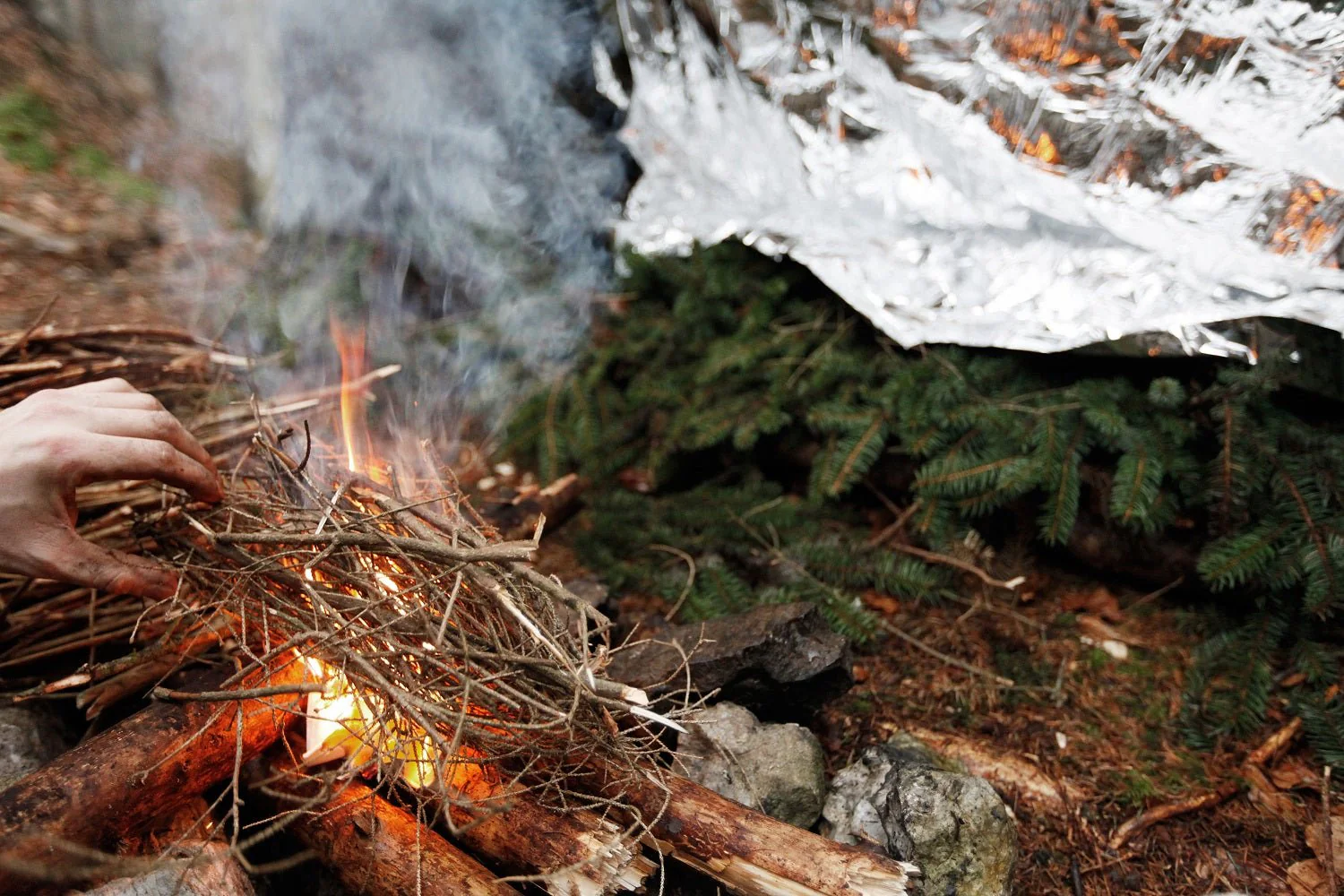Survival in the wilderness has always demanded grit and know-how. In 2025, those requirements are sharper than ever, thanks to increasing interest in adventure travel and remote excursions. Among the most vital survival skills are building emergency shelters, sourcing & purifying water, and learning navigation without GPS. These competencies can mean the difference between a manageable situation and a life-threatening one. According to recent wilderness-survival guides, emergency shelter construction ranks at the top, as exposure kills faster than hunger. Knowing how to fashion shelters—from debris huts or A-frame tarps to utilising natural formations—helps protect against cold, rain, and wind.
Water is the lifeblood of survival. While many rely on modern gear, in 2025 there’s renewed emphasis on mastering basic purification and sourcing techniques. From boiling to using filtration straws or gravity systems, every survivalist should have at least two methods of making water safe. Even natural methods—collecting morning dew, melting snow (when safe), or harvesting water via plant condensation—play critical roles when gear fails or supplies run out. Knowing how to distinguish safe sources, and always treating water, are non-negotiables.
Then there’s navigation. While we’re surrounded by GPS-enabled devices, dependency on electronics can be risky in remote zones. Guides advise carrying analog tools—maps, compasses—and practising route-finding by landmarks, celestial cues, or terrain features. Effective navigation also means planning your escape/return routes, informing someone of your itinerary, and staying aware of weather and daylight. When GPS fails, the old skills keep you safe.

Leave a Reply